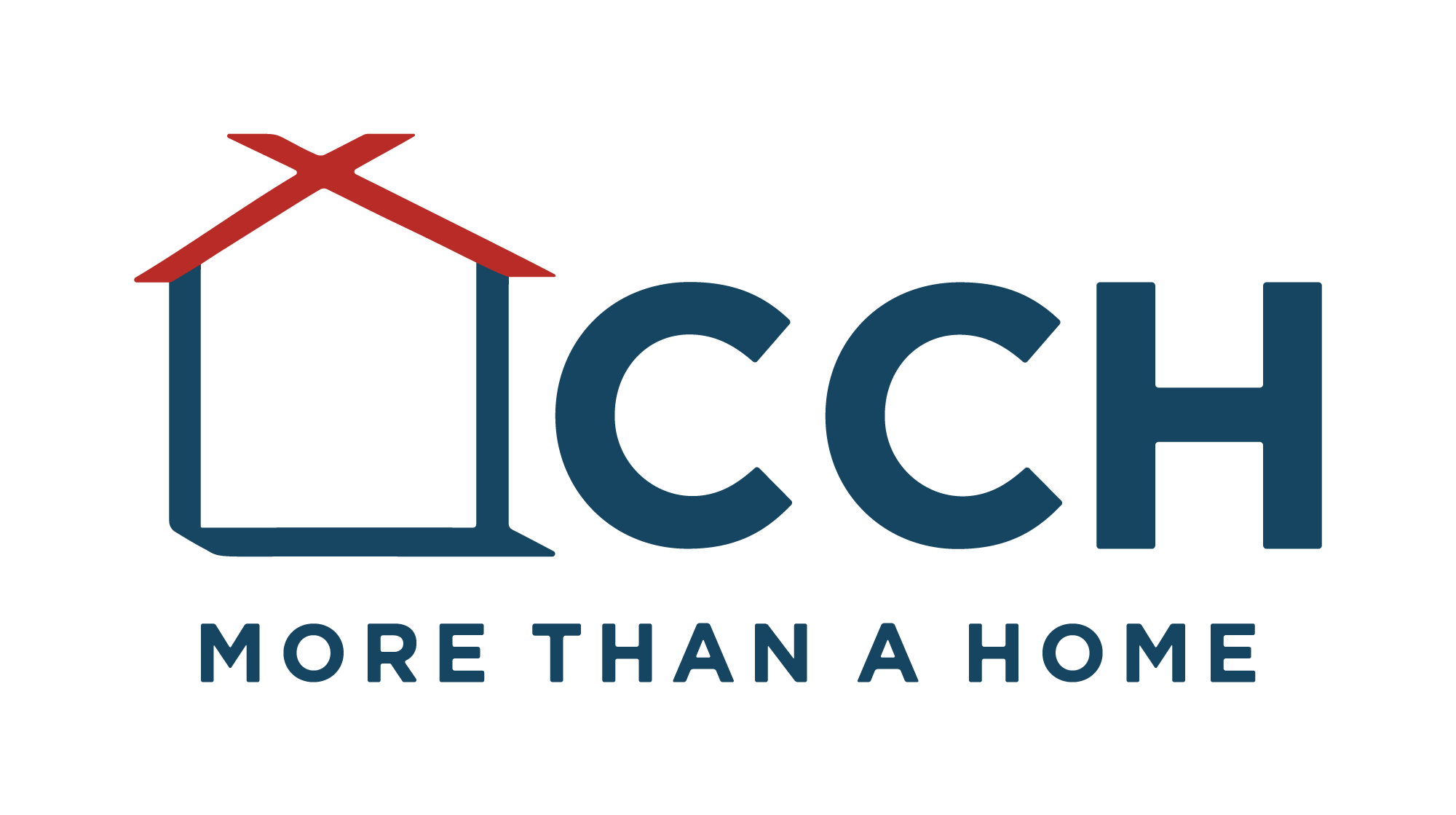House Financial Services Chair Maxine Waters has released a discussion draft of legislation to create an entitlement to housing assistance for qualifying households in the United States. The draft bill would issue hundreds of thousands of vouchers each year for the next several years and, after 2026, make housing assistance an entitlement to income-eligible households.
Currently, a housing assistance program is not automatically available to eligible people in need, including the 1.93 million older adult renter households who spend more than half their incomes on rent and often have to wait years for help.

The proposed bill shifts the framework for housing assistance for older adults and also helps housing providers. All vouchers would be project-based to apartment buildings, allowing for important attributes such as Service Coordinators to be included. Specifically, the bill:
- Directs the HUD Secretary to encourage regional consortia of public housing agencies to administer the vouchers;
- Requires the use of small area fair market rents to determine the value of the vouchers;
- Prohibits housing discrimination based on source of income;
- Provides additional funding for the national Housing Trust Fund; and
- Establishes funding to integrate and coordinate assistance provided through HUD’s homeless assistance programs with health care funded by federal programs, in collaboration with the United States Interagency Council on Homelessness and the Secretary of Health and Human Services.
Mary Cunningham, Senior Fellow and Vice President of Urban Institute, recently spoke at a hearing before the Financial Services Committee in favor of “Universal Vouchers: Ending Homelessness and Expanding Economic Opportunity in America.” She outlined benefits of a universal voucher program, including:
- Homelessness would be rare and, if it occurred, would be brief;
- Poverty would be reduced;
- Racial disparities in housing would close; and
- The housing market could absorb the adoptions of universal housing vouchers and help stabilize landlords.
CCH President and CEO Syd Najeeb shares his support for a voucher system. “This is a fair and equitable way to handle the pressing needs of low-income residents seeking affordable housing,” he says. “The housing development process can take upwards of five years to complete and to have a project available for residency. Vouchers fill a more immediate need.”
Syd adds, “I would encourage supporters to follow this grounding breaking discussion and lend your voice to this potential legislation which would pave a path for universal housing assistance.”



